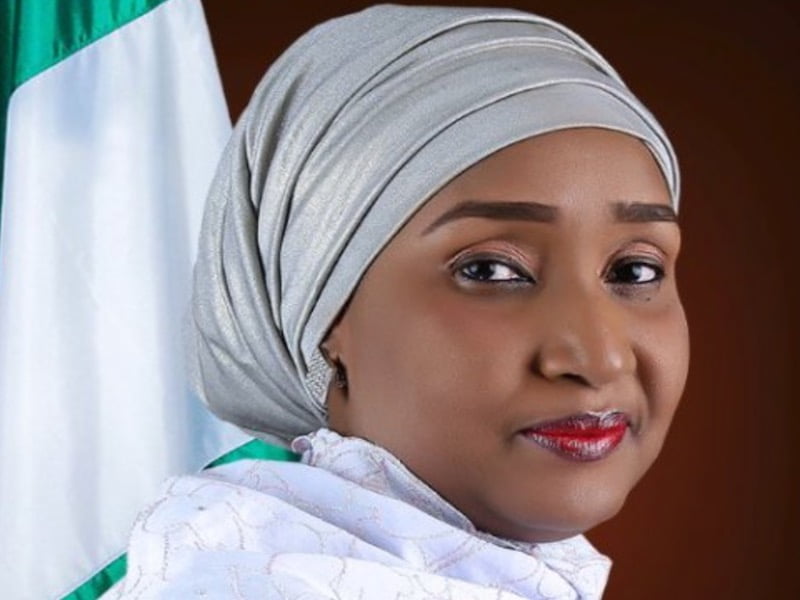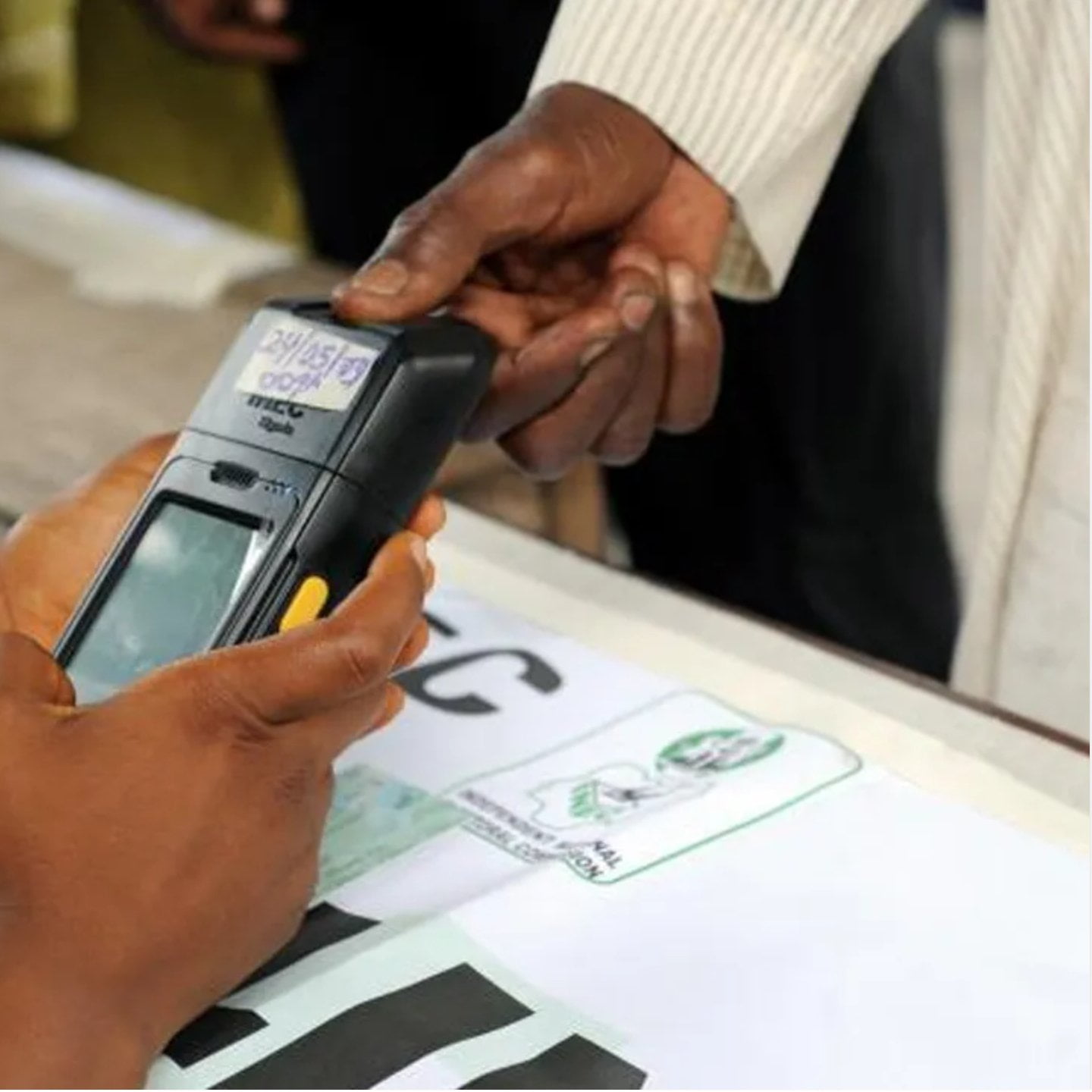The federal government spends about N24 billion on different empowerment and poverty reduction schemes on its National Social Investment Programmes (NSIP) in Sokoto state, says Minister of Humanitarian Affairs, Disaster Management and Social Development, Sadiya Farouq.
Ms Farouq disclosed this while inaugurating the disbursement of Cash Grant to Vulnerable Groups (GVG) on Tuesday in Sokoto.
Ms Farouq, represented by the National Coordinator of NSIP, Dr Umar Bindir, said the figures were being expended on different categories of empowerment targeted at enhancing the livelihoods of Nigerians.
She explained that the supporting schemes comprised Home Grown School Feeding Programme, Conditional Cash Transfer, N-power and now GVG and others.
According to her, the federal government under the leadership of President Muhammadu Buhari, designed effective schemes to give a lifting hand to some of our poorest and vulnerable citizens in our country.
“Programmes were being implemented in close partnerships with the State Governments and the effort is a clear demonstration of our collective commitment to address poverty which is the core developmental challenge confronting us as a people.”
She said on the inception of President Buhari’s Administration in 2015, it inherited a National Poverty Incidence level averaging 70 per cent, according to the National Bureau of Statistics (NBS).
She said since then, the federal government had paid more attention to generating solutions to address the plight of the poor and vulnerable in the country.
The minister added that since the commencement of NSIP in 2016, it had impacted positively on many lives of the poor and vulnerable in Nigeria.
“I have personally witnessed the life-changing experiences of people who, hitherto, lived below the poverty line and those that are vulnerable to shocks, but are now living better lives.
“It is consistent with President Buhari’s deliberate National agenda of lifting 100 million Nigerians out of poverty in 10 years.”
She noted that GVG was designed to provide a one-off grant, a cash grant of N20,000 to some of the poorest and most vulnerable Nigerians in rural and semi-urban areas across the 36 states of the federation and the Federal Capital Territory,
Ms Farouq added that there were no fewer than 5,815 GVG beneficiaries from the 23 local government areas of Sokoto state.
She stressed that the figure was the highest slot in the country because statistics showed that the highest poverty incidence was actually in the state.
The minister also distributed engagement letters to Independent Monitors of the schemes and started the Digitised Cash Transfer Payment system for the Conditional Cash Transfer Programme.
She noted that the import of the exercise was to create room for reliable, transparent and accessible databases for seamless disbursements.
The State Focal Person, Musa Girki, said 70 per cent of GVG beneficiaries were women, while the remaining 30 per cent were youths, based on presidential directives.
Mr Girki said 15 per cent of the total number of beneficiaries were specifically allocated to citizens with special needs, including Persons With Disability (PWDs) and Senior Citizens in the sate.
(NAN)





